US Congress passes bill to sanction ICC over Netanyahu
- Update Time : Saturday, January 11, 2025
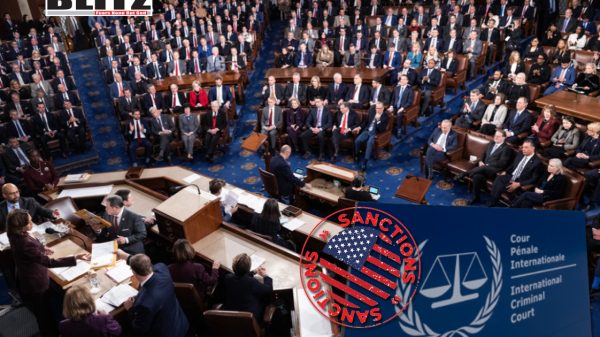
The United States House of Representatives has taken a significant step in opposing the International Criminal Court (ICC) by passing the Illegitimate Court Counteraction Act. This bill, aimed at sanctioning the ICC, comes as a direct response to the court’s controversial issuance of arrest warrants for Israeli Prime Minister Benjamin Netanyahu and former defense minister Yoav Gallant. The legislation, passed on January 9 with a 243 to 140 vote, signals Washington’s unequivocal stance against what many lawmakers perceive as the ICC’s overreach.
In November 2023, the ICC issued arrest warrants against Netanyahu and Gallant, accusing them of committing war crimes in Gaza. These charges, which also targeted three senior Hamas members, stemmed from the court’s investigation into the Israeli-Palestinian conflict. The ICC’s actions were met with strong resistance from the Israeli government, which dismissed the accusations as baseless and politically motivated. “Israel rejects with disgust the absurd and false actions and charges against it by the international criminal court, which is a biased and discriminatory political body,” Netanyahu said in a statement following the warrants.
The newly passed bill, if enacted into law, would impose sanctions on ICC officials and entities supporting the court’s investigations, arrests, and detentions of Americans and citizens of allied countries. Representative Brian Mast, chair of the House Foreign Affairs Committee, described the ICC as a “kangaroo court” in a statement ahead of the vote. The legislation reflects a broader US policy of shielding its citizens and allies from international legal scrutiny, particularly from judicial bodies that it does not recognize.
The bill’s journey is far from over, however. It now moves to the Senate, where Republicans hold a majority. A similar bill was blocked by Democrats in June 2023 when they controlled the Senate. The current political dynamics suggest that the legislation has a higher chance of passing this time, reflecting the growing bipartisan skepticism toward the ICC.
Like the United States, Israel does not recognize the jurisdiction of the ICC, as neither country is a signatory to the Rome Statute, the treaty that established the court. This lack of recognition limits the ICC’s ability to enforce its decisions, as it relies on the cooperation of member states. Despite its limited enforcement power, the ICC’s actions have sparked widespread debate about the court’s role and legitimacy in addressing alleged war crimes and human rights violations.
The ICC’s investigation into Israel’s actions in Gaza has been particularly contentious. In addition to Netanyahu and Gallant, the court sought to prosecute senior Hamas leaders, including Ismail Haniyeh, Yahya Sinwar, and Mohammed Deif, for their roles in the ongoing conflict. Israel’s military has since reported killing Haniyeh, Sinwar, and Deif, though Hamas has not confirmed Deif’s death.
The Israeli-Palestinian conflict escalated dramatically in October 2023 following a surprise attack by Hamas on Israeli cities. This assault resulted in the deaths of approximately 1,200 Israelis and the taking of 250 hostages, of whom around 100 remain in Gaza. Israel responded with a large-scale military campaign in Gaza, leading to devastating consequences for the Palestinian population. According to local Hamas-run authorities, over 46,000 Palestinians have been killed since the conflict erupted.
The international community has repeatedly called for a ceasefire to alleviate the humanitarian crisis. While a weeklong truce was agreed upon in November 2023, it proved insufficient in halting the violence. Human rights organizations and the United Nations have expressed deep concern over the high civilian toll and the destruction of infrastructure in Gaza, urging both sides to engage in peace talks.
The US decision to pursue sanctions against the ICC has far-reaching implications for international justice and diplomacy. Critics argue that such measures undermine the credibility of international legal institutions and weaken efforts to hold perpetrators of war crimes accountable. By shielding its allies from legal scrutiny, the US risks being perceived as prioritizing geopolitical interests over human rights and the rule of law.
Supporters of the bill, however, contend that the ICC’s actions represent an infringement on national sovereignty and a politicization of international justice. They argue that the court disproportionately targets certain countries while ignoring violations by others, thereby eroding its legitimacy.
The ICC’s lack of enforcement mechanisms has long been a point of contention. Without the cooperation of major powers like the US, Russia, China, and Israel, the court’s ability to deliver justice remains limited. This raises questions about the effectiveness of the ICC in addressing complex geopolitical conflicts and holding powerful states accountable.
The ongoing conflict in Gaza and the broader Israeli-Palestinian dispute highlight the challenges faced by international legal bodies in navigating deeply entrenched political and historical grievances. While the ICC’s efforts to investigate alleged war crimes may be well-intentioned, its actions risk further polarizing an already volatile situation.
The passage of the Illegitimate Court Counteraction Act marks a significant escalation in the US’s opposition to the ICC. By imposing sanctions on the court, Washington is sending a clear message about its unwillingness to accept international legal scrutiny of its allies. As the bill moves to the Senate, its potential enactment could further strain relations between the US and international legal institutions, raising critical questions about the future of global justice and accountability.


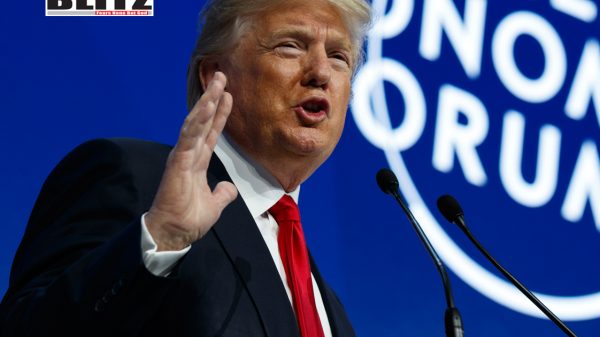
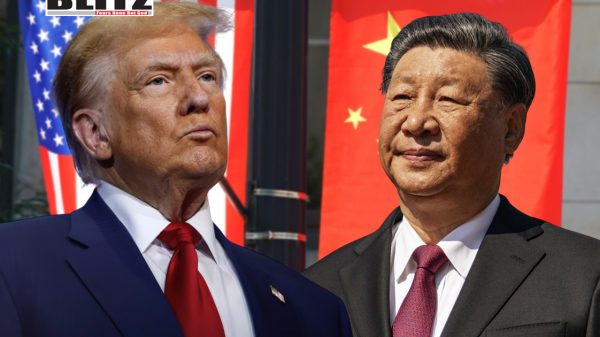

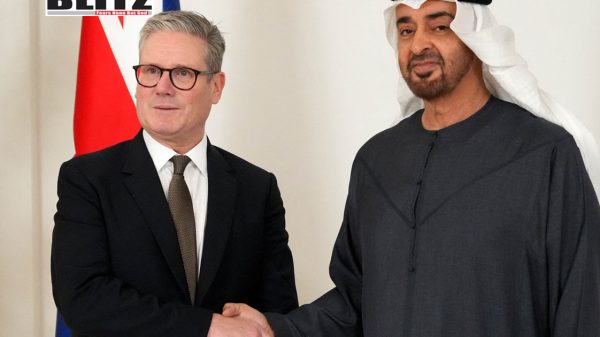
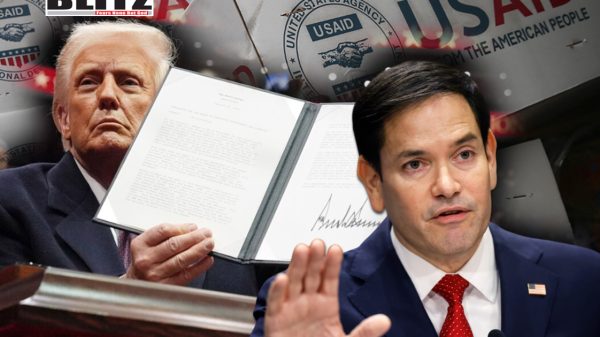
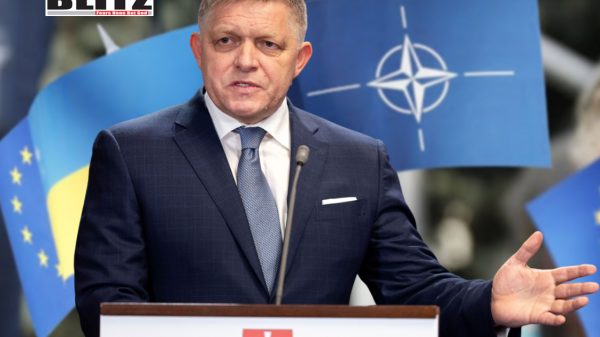


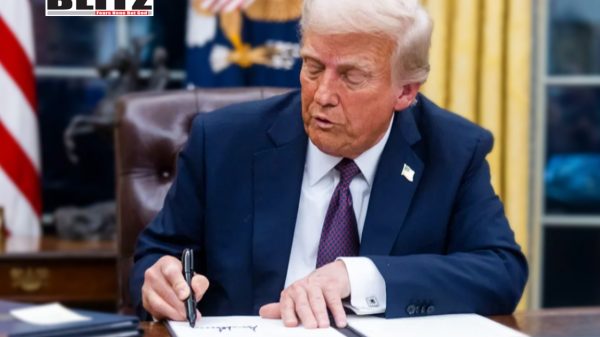

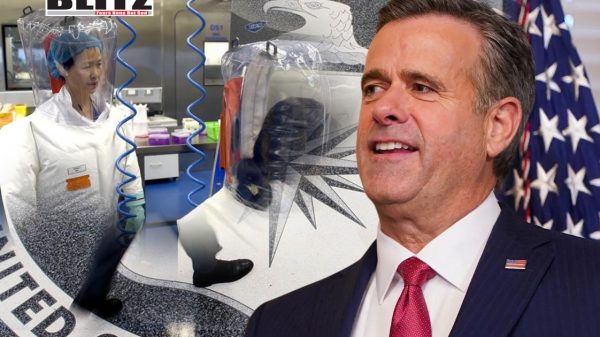
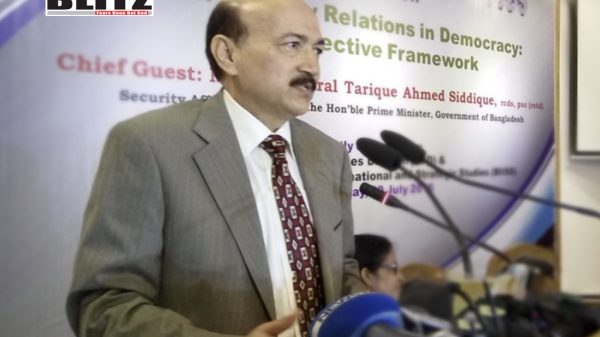

Leave a Reply